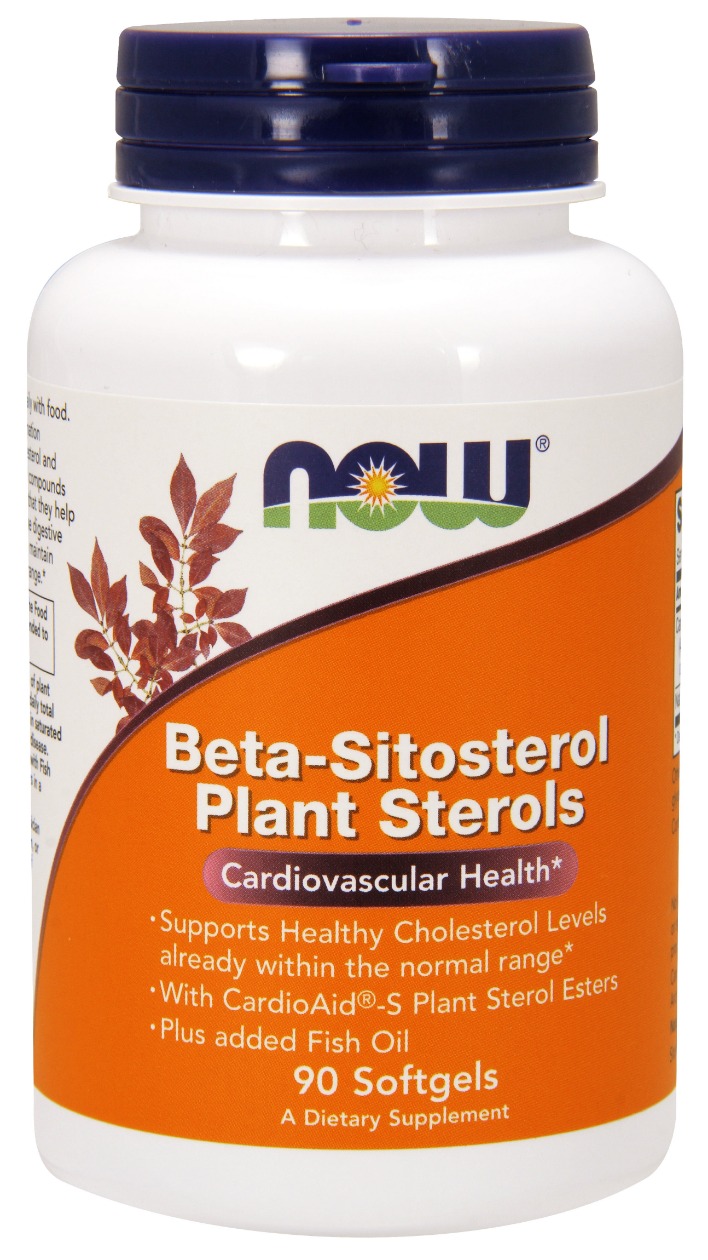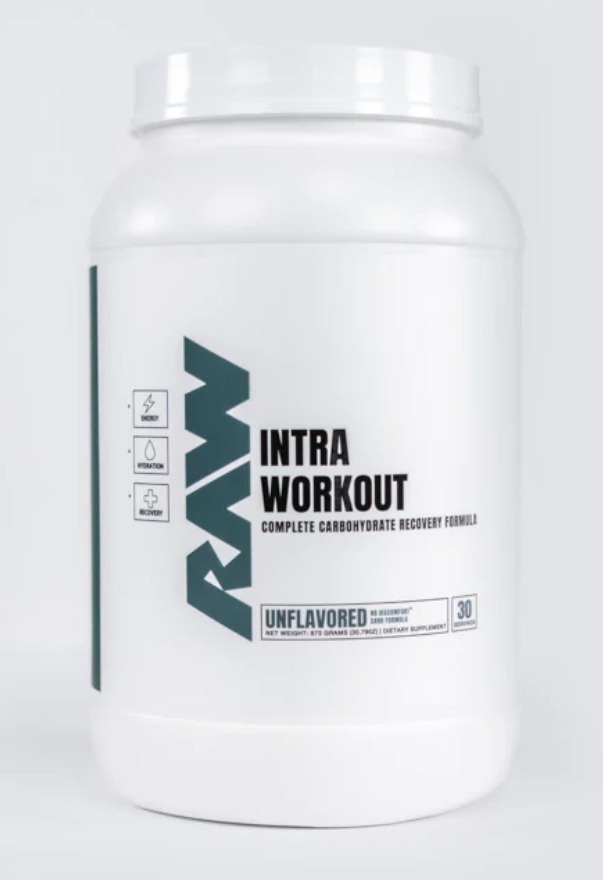Discover the Power of Supplements for a Healthier Lifestyle

In today’s fast-paced world, maintaining optimal health can be challenging. This is where supplements come into play. They can be a game-changer for those seeking to enhance their daily nutritional intake and overall well-being.
The Importance of Nutritional Supplements
Dietary supplements can provide essential nutrients that may be missing from your daily diet. These can include vitamins, minerals, amino acids, and enzymes. Here are a few reasons why taking supplements can be beneficial:
Read more about wellness here.
- Improved Immune Function: Many supplements, such as vitamin C and zinc, are known to bolster your immune system.
- Enhanced Mental Clarity: Omega-3 fatty acids can support cognitive function and mental clarity.
- Better Bone Health: Calcium and vitamin D are critical for maintaining strong bones and preventing osteoporosis.
- Increased Energy Levels: B vitamins and iron can help combat fatigue and increase energy.
- Heart Health: CoQ10 and omega-3s are known to support cardiovascular health.
Common Types of Supplements
Supplements come in various forms to cater to different needs and preferences. Here are some of the most common types:
- Multivitamins: A mix of essential vitamins and minerals in one convenient pill.
- Protein Powders: Popular among athletes and those looking to build muscle mass.
- Probiotics: Promote gut health by balancing the levels of good bacteria in your digestive system.
- Herbal Supplements: Include natural extracts like ginseng, turmeric, and echinacea.
- Fish Oils: Rich in omega-3 fatty acids, beneficial for heart and brain health.
FAQs About Supplements
Here are some frequently asked questions to help you navigate the world of supplements:
1. Are supplements safe?
Generally, supplements are safe when taken as directed. However, it’s crucial to consult with a healthcare provider before starting any new supplement to ensure it’s right for you.
2. Can I get all the nutrients I need from food alone?
While a balanced diet is the best way to get nutrients, sometimes it isn’t enough. Supplements can fill in the nutritional gaps.
3. Do I need to take supplements every day?
It depends on your dietary needs and health goals. Some may benefit from daily intake, while others might need them periodically.
4. How do I know which supplements I need?
A healthcare provider or a registered dietitian can help determine which supplements are best for you based on your specific health conditions and lifestyle.
5. Can I take multiple supplements at once?
While you can take multiple supplements, it’s critical to ensure they don’t interact negatively. Consulting with a healthcare provider can provide guidance.
In summary, supplements can be a powerful tool for enhancing your health and well-being. From improving immune function to boosting mental clarity, the right supplements can make a significant difference. Always consult with a healthcare professional to create a supplement regimen that suits your unique needs.






Leave a Reply